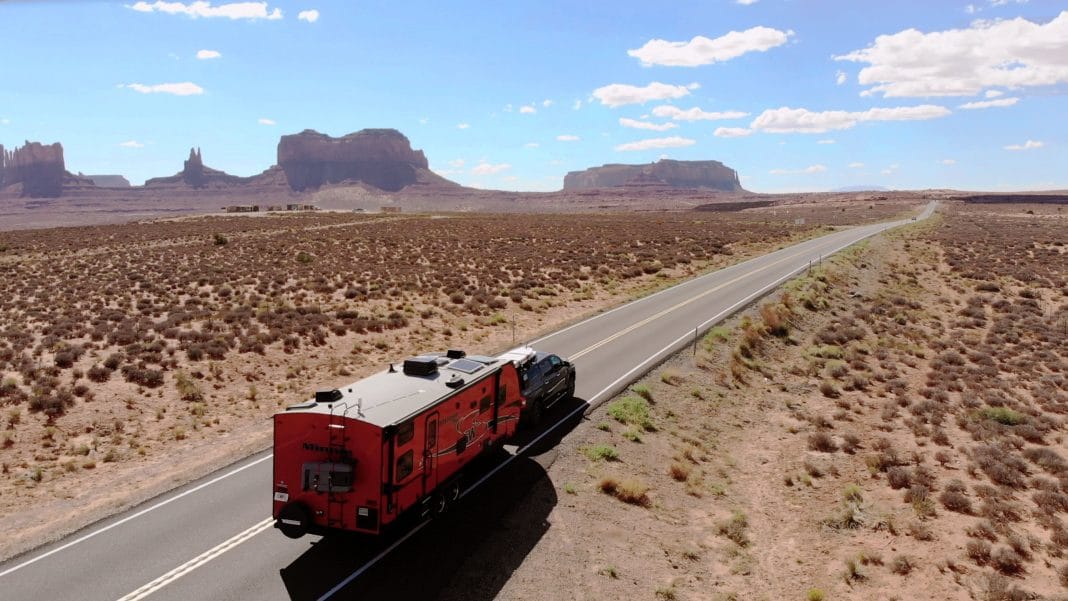Agriculture Secretary Tom Vilsack signed a proclamation today
recognizing the beginning of the centennial celebration of a landmark
piece of environmental legislation that led to the creation of nearly 20
million acres of new national forests in the eastern United States.
The Weeks Act, which signifies one of most important natural
resource conservation achievements of 20th century, provided the
foundation for the creation of national forests in the East as well as
the cooperative relationship with states, tribes and individuals to
protect and enhance forests, grasslands and watersheds from fire and
other threats. About one-fifth of the nation’s clean drinking water has
its origins in forests preserved under the Weeks Act.
“The Weeks Act is one of the most significant natural resource
conservation achievements of the 20th century,” said Vilsack. “This Act
reminds us of the importance of past conservation efforts that shape our
ability to sustain our national forests today, and to keep them healthy
for the future. The Weeks Act has given us significant economic and
environmental benefits, but it’s done more than that. The Weeks Act
ensures that all Americans have access to some of the most beautiful
places in our country.”
More than 800 miles of the Appalachian Trail wind through forests
that were purchased under the Weeks Act, and those same forests provide
habitat for important species including the brook trout, bald eagle and
black bear.
The act, named after former Rep. John Weeks of Massachusetts, was
spurred by a changing national attitude that evolved in the early 1900s
toward conserving public lands. Until then, lands set aside for
conservation were all located in the West and were created from large
blocks of land in the public domain. The act allowed land acquisition
processes through purchase of private lands to establish publicly owned
forests, particularly in the East.
“The Weeks Act led the way for millions of acres of cut-over,
eroded lands to be replanted. Today, those lands are resilient national
forests” said U.S. Forest Service Chief Tom Tidwell. “The Weeks Act
established a way for the Forest Service to work across boundaries with a
broad array of partners to achieve conservation success. It set the
stage for the current approach of working together on challenges such as
climate change, water supply and restoration issues.”
During the last 100 years, the Weeks Act has led to the creation
of 52 national forests in 26 Eastern states, and the addition of 19.7
million acres on national forests and grasslands across 41 states and
Puerto Rico. Passage of the Weeks Act created both immediate and
long-term benefits, which are still part of the U.S. Forest Service
mission today:
- The immediate protection of Eastern watersheds from further development;
- The creation of long-term efforts to restore forests on public lands; and
- The cooperative responsibility to protect these lands from intense and damaging wildfires.
The Weeks Act continues to inspire Forest Service programs through
projects that foster forest restoration treatments that reduce wildfire
risk, enhance fish and wildlife habitats, and maintain and improve
water quality. By doing so, rural economies are boosted by the creation
of sustainable jobs as landscapes are made more resilient to climate
change. To celebrate the Weeks Act, the Forest Service has planned
numerous events throughout the year including lecture series,
conservation education programs, and a national symposium hosted by the
Pinchot Institute. For more information, please visit www.fs.fed.us.


